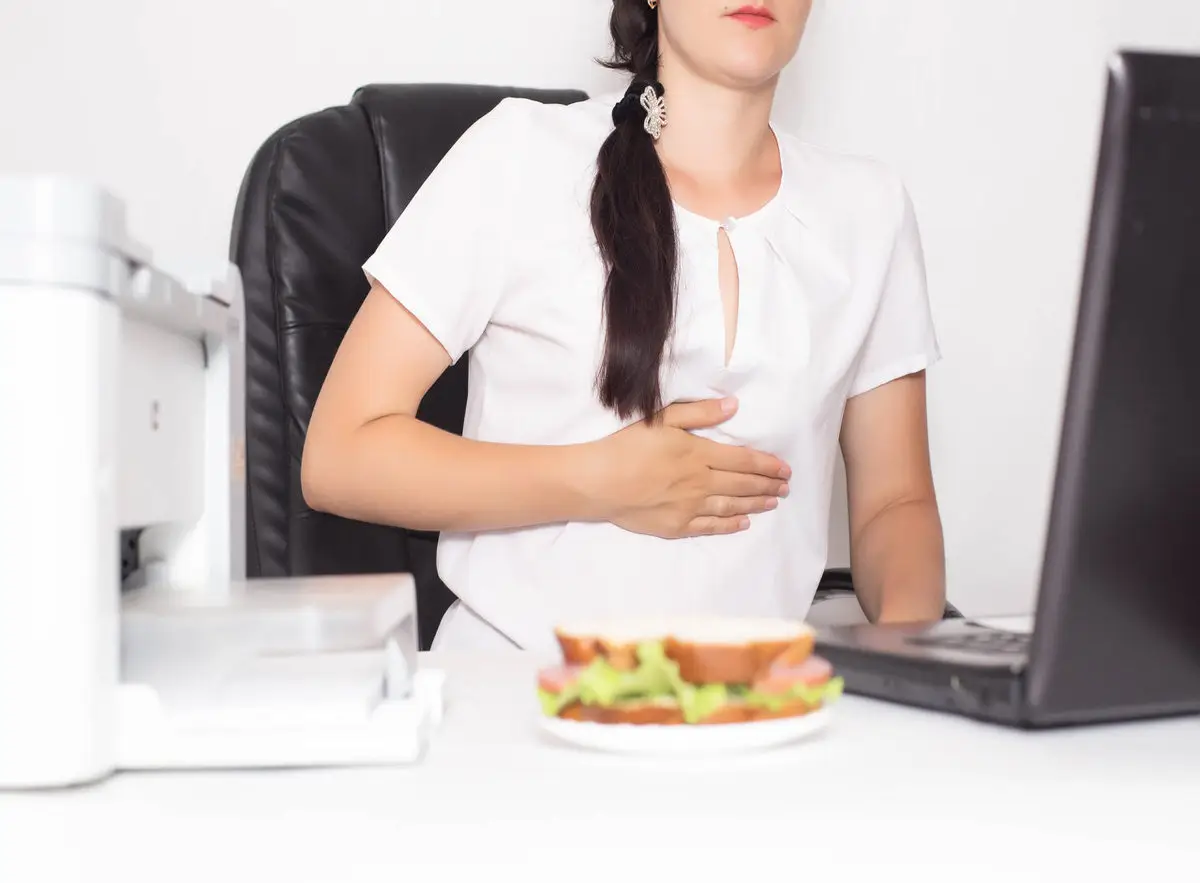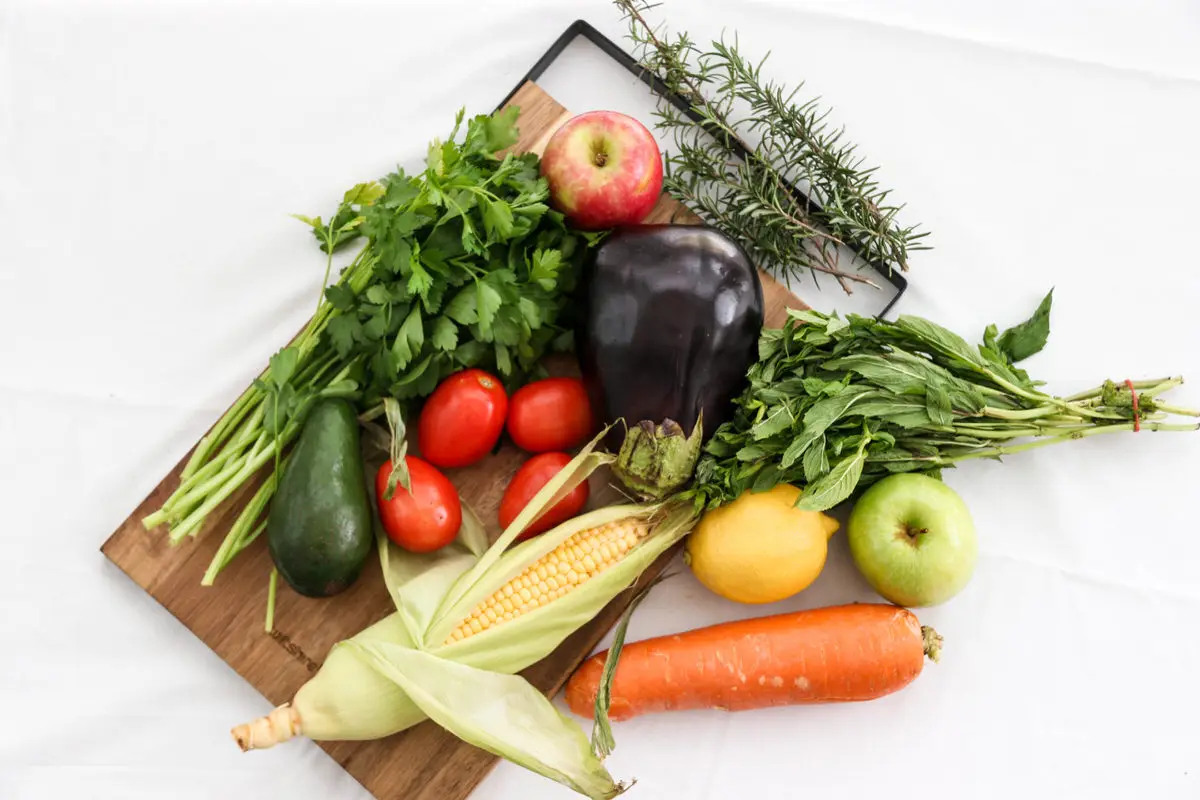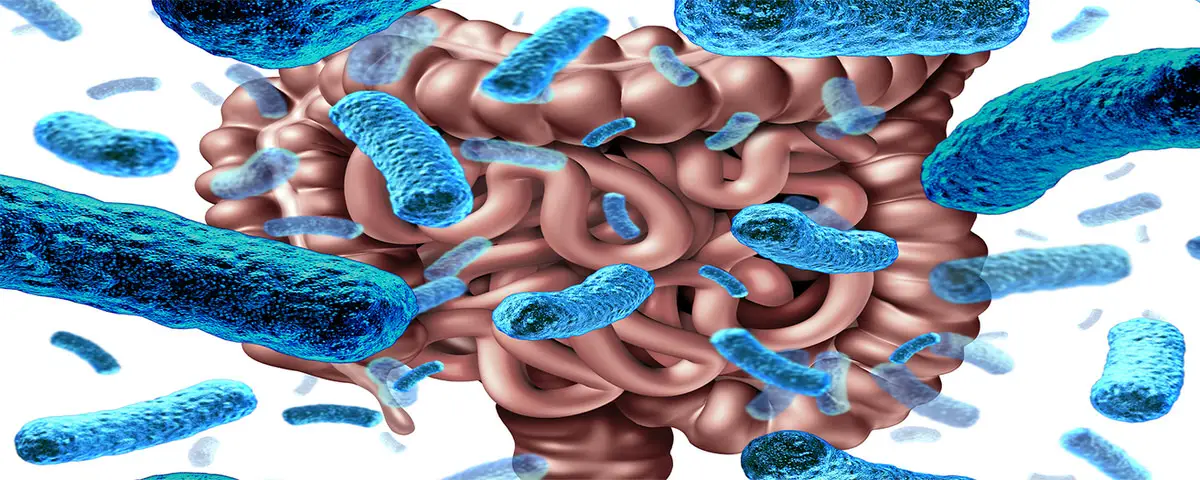
Have you ever heard of Functional Dyspepsia?
Have you been told you have IBS but your symptoms are higher up than your bowel? Maybe it’s not IBS
Dr Georgina Williams has experience in public and private practice dietetics. She completed a PhD investigating wholegrains and fibre in gastrointestinal health and diseases. Georgina bring expertise in inflammatory bowel disease (IBD), non-alcoholic fatty liver disease (NALFD) and metabolic syndrome from her research into these conditions. Her other interest area is using whole foods for improving gut health. Georgina is available for gastro dietetics video consultations.
Dr Kerith Duncanson brings 30 years of dietetics experience and extensive digestive health research to our team. She specialises in disorders of gut-brain interactions (DGBI), specifically conditions such as irritable bowel syndrome, functional dyspepsia and functional constipation. Other speciality areas include dietary management of SIBO (and IMO), Crohn’s disease, diverticular disease, gastric motility issues including gastroparesis, dumping syndrome and resection syndrome (LARS).
HELPING YOU TO IMPROVED GUT HEALTH
Our gastro dietitians are all about helping you to set and strive towards your food and nutrition goals. We want food to help you improve your quality of life – not to be a stress or hindrance. We focus on gut symptoms and conditions and specialise in translating the latest evidence and research into practical, personalised dietary advice and strategies.
We conduct our appointments face-to-face at Newcastle Gastroenterology (Charlestown, NSW) which is the practice of Dr. Magnus Halland, an internationally recognised gastroenterologist with sub-speciality expertise in esophageal and motility disorders.
We also provide video consultations for people who may be unable to attend face-to-face appointments in Charlestown.
If you have been referred by your GP under the PAHS (Priority Allied Health Services) program (only available in certain regions) then you will be eligible for an appointment at one of our mid-north coast clinics. These referrals aren’t valid for Newcastle appointments.
Click here and you will be taken directly to the mid-north coast bookings page.
Our gastrointestinal Dietitian Dr Kerith Duncanson was recently featured in an article in The Guardian about a new study about self-reported gluten sensitivity.
To read the full article go to The Guardian "Study casts doubt on gluten as cause of gut ailments among non-coeliacs".

Our gastrointestinal Dietitian Dr Kerith Duncanson was recently featured in an article in The Guardian about a new study about self-reported gluten sensitivity.
To read the full article go to The Guardian "Study casts doubt on gluten as cause of gut ailments among non-coeliacs".
…
While eating fibre as whole foods is ideal, it`s not always possible.
Here are some ways to incorporate some soluble and bulking fibres that help keep bowels regular, boost helpful gut bacteria or reduce gut symptoms.
#fibre #highfibre #guthealthdietitian

While eating fibre as whole foods is ideal, it`s not always possible.
Here are some ways to incorporate some soluble and bulking fibres that help keep bowels regular, boost helpful gut bacteria or reduce gut symptoms.
#fibre #highfibre #guthealthdietitian
…
Want a FREE dietitian consult? 💸
Simply take our 5-minute survey to go into the draw to win!
Open to anyone, anywhere in Australia.
Click the link in our bio to complete!
#guthealth #guthealthdietitian

Want a FREE dietitian consult? 💸
Simply take our 5-minute survey to go into the draw to win!
Open to anyone, anywhere in Australia.
Click the link in our bio to complete!
#guthealth #guthealthdietitian
…
🌿 Special Offer 🌿
We’re looking for 5 participants to share their gut health journey and receive 50% off a 1:1 consult with a gastrointestinal dietitian!
Open to anyone in Australia—limited spots available!
Apply now via the link in bio!
#guthealth #guthealthdietitian

🌿 Special Offer 🌿
We’re looking for 5 participants to share their gut health journey and receive 50% off a 1:1 consult with a gastrointestinal dietitian!
Open to anyone in Australia—limited spots available!
Apply now via the link in bio!
#guthealth #guthealthdietitian
…
Resistant starch promotes gut health by feeding the `good bacteria` and produces short chain fatty acids.
Swipe across to see some good sources of resistant starch!
#fibre #guthealth #guthealthdietitian

Resistant starch promotes gut health by feeding the `good bacteria` and produces short chain fatty acids.
Swipe across to see some good sources of resistant starch!
#fibre #guthealth #guthealthdietitian
…
When we eat, the brain signals the nerves and muscles of the gut to coordinate the passage of food from the mouth through the digestive system to the colon.
This movement of food is known as gastrointestinal motility.
Altered motility can cause symptoms such as altered bowel patterns, bloating, abdominal pain, vomiting and reflux.
Diet is often key to managing symptoms associated with altered gut motility.
Our dietitians work with individuals with altered gut motility to tailor diets based on individual symptoms and food triggers to reduce symptom burden.
#dumpingsyndrome #gastroparesis #gastrointestinaldietitian #guthealthdietitian

When we eat, the brain signals the nerves and muscles of the gut to coordinate the passage of food from the mouth through the digestive system to the colon.
This movement of food is known as gastrointestinal motility.
Altered motility can cause symptoms such as altered bowel patterns, bloating, abdominal pain, vomiting and reflux.
Diet is often key to managing symptoms associated with altered gut motility.
Our dietitians work with individuals with altered gut motility to tailor diets based on individual symptoms and food triggers to reduce symptom burden.
#dumpingsyndrome #gastroparesis #gastrointestinaldietitian #guthealthdietitian
…
A low-fibre diet is often recommended for people with Crohn`s disease following certain gastrointestinal surgeries or in the presence of an intestinal stricture or obstruction.
This is because fibre can add bulk and stimulate gut movement, which can be undesirable in these situations.
However, once the gut is recovered and if there is no narrowing in the intestine, a diet that includes fibre is beneficial.
Fiber helps to establish regular, healthy bowel movements, which can help manage gut symptoms, supports a healthy gut microbiome and promotes anti-inflammatory processes.
Your dietitian can guide you in adjusting your fibre intake based on your specific condition and help you gradually reintroduce fibre when appropriate.
#crohnsdisease #inflammatoryboweldisease #guthealthdietitian

A low-fibre diet is often recommended for people with Crohn`s disease following certain gastrointestinal surgeries or in the presence of an intestinal stricture or obstruction.
This is because fibre can add bulk and stimulate gut movement, which can be undesirable in these situations.
However, once the gut is recovered and if there is no narrowing in the intestine, a diet that includes fibre is beneficial.
Fiber helps to establish regular, healthy bowel movements, which can help manage gut symptoms, supports a healthy gut microbiome and promotes anti-inflammatory processes.
Your dietitian can guide you in adjusting your fibre intake based on your specific condition and help you gradually reintroduce fibre when appropriate.
#crohnsdisease #inflammatoryboweldisease #guthealthdietitian
…
Did you ever wonder how different laxative supplements actually work or what different types of fibre do to your gut?
If you have experienced altered bowel motions or habits, and want to better understand the reason why, this post is for you.
#guthealth #gastrodietitian #fibre

Did you ever wonder how different laxative supplements actually work or what different types of fibre do to your gut?
If you have experienced altered bowel motions or habits, and want to better understand the reason why, this post is for you.
#guthealth #gastrodietitian #fibre
…

Have you been told you have IBS but your symptoms are higher up than your bowel? Maybe it’s not IBS

In this post, we are going to share our approaches as a gut health dietitian to supporting our clients in

‘Gut health’ is hot topic in food and nutrition This is evidenced by the vast array of probiotic and fermented

Does having children cause bloating or the “trots”? Has your gut changed since having children? Do you experience more diarrhoea,
By cutting through the overwhelming food, diet and nutrition information that has confused you for so long, we help you focus whatever energy and time you have on your ‘best bets’ – what is most likely to work well for you, now and into the future.
Our gastro dietitians are experienced in working with clients to manage gut symptoms and conditions. Our gastro dietetic services range from helping you improve fibre and prebiotics intake through to supporting people with IBD, coeliac disease or IBS and functional dyspepsia to reduce symptoms, achieve dietary balance and improve quality of life. Help Yourself – Nutrition & Dietetics is managed by Rick Naylor.
This gastro dietetic consulting work complements Dr Kerith Duncanson’s and Dr Georgina William’s research work in gastrointestinal nutrition and functional gut disorders.